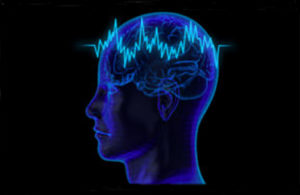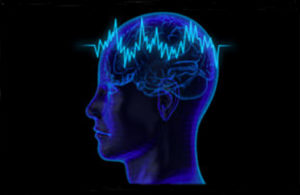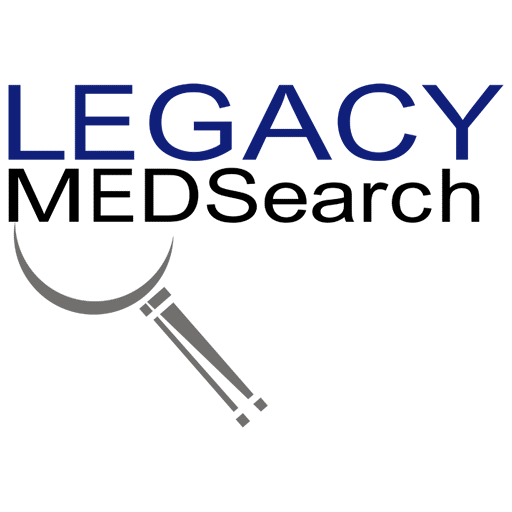Medical device and MedTech insights, news, tips and more
MedTech of the Living Dead – How Scientists are Bringing Pig Brains Back to Life
October 14, 2019

Scientists at Yale University have developed a device that can restore circulation and cellular activity in a pig’s brain four hours after death, raising ethical questions about the possibilities of one day applying it to humans.
BrainEx is an open-source device originally based on CaVESWave, a system developed by Biomed Innovations of North Carolina to preserve donated organs for research or transplantation.

The scientists perfused the pig’s brain with a specially designed chemical solution to restore circulation and cellular activity, challenging long-held assumptions about the timing and irreversible nature of the cessation of some brain functions after death. Their study was published April 17 in the journal Nature, and a detailed report on their work appeared July 2 in the New York Times Magazine.
The Times article described BrainEx as “roughly eight feet wide and mounted on the shelves of a long metal hospital-style cart… less a single machine than a bristling collection of individual machines, each connected to the next, in a simulacrum of the human body.” A pulse generator mimics the heart, filters work as mechanical kidneys. Another portion works like lungs to add oxygen to the perfusate.
The research, funded primarily by the National Institutes of Health Brain Initiative, has raised ethical concerns about the possibilities for future studies — including those on the human brain.
The Yale scientists said they harbor no such plans, and have not published photos or exact descriptions of the BrainEx device. They also stressed that the treated brain lacked any recognizable global electrical signals associated with normal brain function.
“The intact brain of a large mammal retains a previously underappreciated capacity for restoration of circulation and certain molecular and cellular activities multiple hours after circulatory arrest,” senior author Nenad Sestan, professor of neuroscience, comparative medicine, genetics, and psychiatry, said in a Yale news release.
“At no point did we observe the kind of organized electrical activity associated with perception, awareness, or consciousness,” added co-first author Zvonimir Vrselja, an associate research scientist in neuroscience. “Clinically defined, this is not a living brain, but it is a cellularly active brain.”
The researchers never aimed to restore consciousness to a brain, according to co-author Stephen Latham, director of Yale’s Interdisciplinary Center for Bioethics.
“The researchers were prepared to intervene with the use of anesthetics and temperature-reduction to stop organized global electrical activity if it were to emerge,” Latham said. “Everyone agreed in advance that experiments involving revived global activity couldn’t go forward without clear ethical standards and institutional oversight mechanisms.”
The researchers said that it is unclear whether this approach can be applied to a recently deceased human brain. The chemical solution used lacks many of the components natively found in human blood, such as the immune system and other blood cells, which makes the experimental system significantly different from normal living conditions. However, the researchers stressed any future study involving human tissue or possible revival of global electrical activity in postmortem animal tissue should be done under strict ethical oversight.
See Full Article: This device can reactivate dead brains: Is it creepy or cool?
Written by: Nancy Crotti

Legacy MedSearch has more than 30 years of combined experience recruiting in the medical device industry. We pride ourselves on our professionalism and ability to communicate quickly and honestly with all parties in the hiring process. Our clients include both blue-chip companies and innovative startups within the MedTech space. Over the past 10 years, we have built one of the strongest networks of device professionals ranging from sales, marketing, research & , quality & regulatory, project management, field service, and clinical affairs.
We offer a variety of different solutions for hiring managers depending on the scope and scale of each individual search. We craft a personalized solution for each client and position with a focus on attracting the best possible talent in the shortest possible time frame.
Are you hiring?
Contact us to discuss partnering with Legacy MedSearch on your position.
